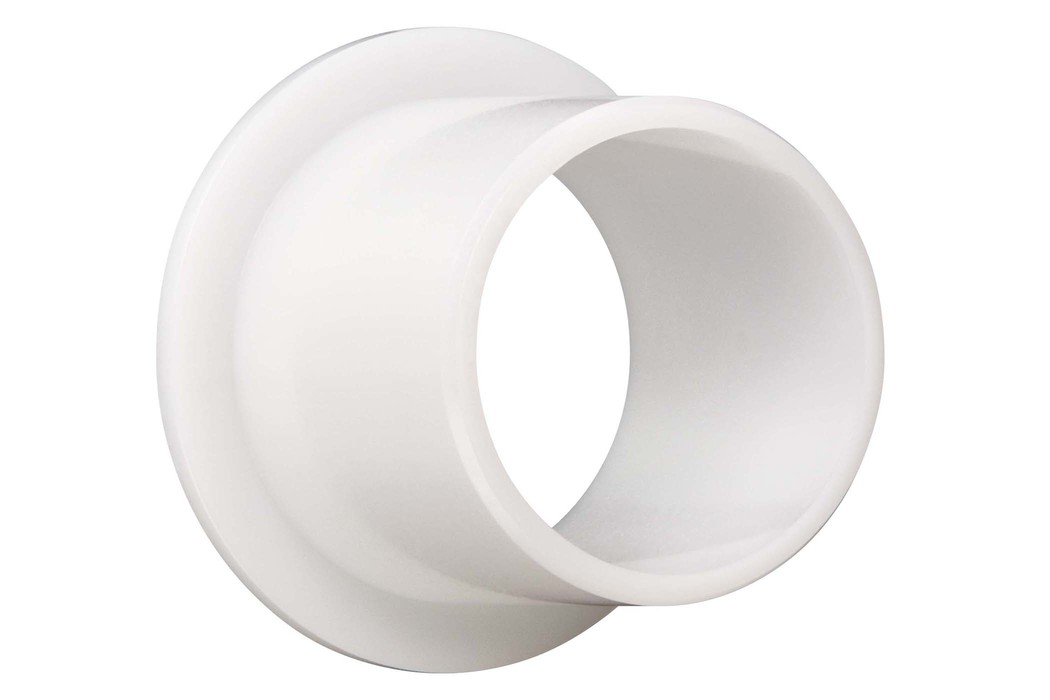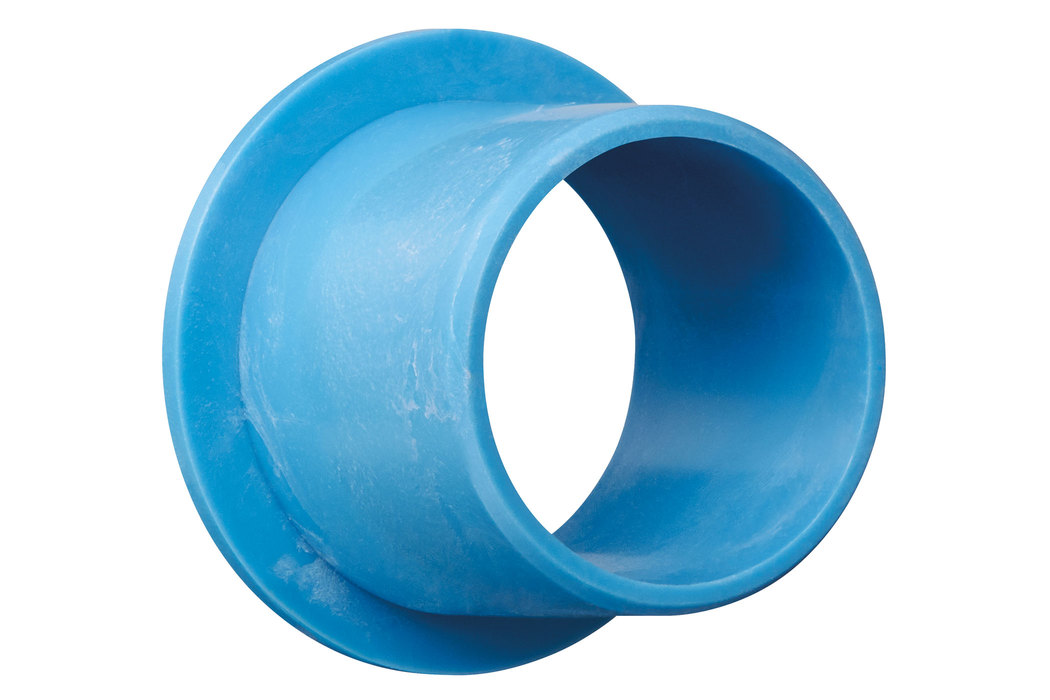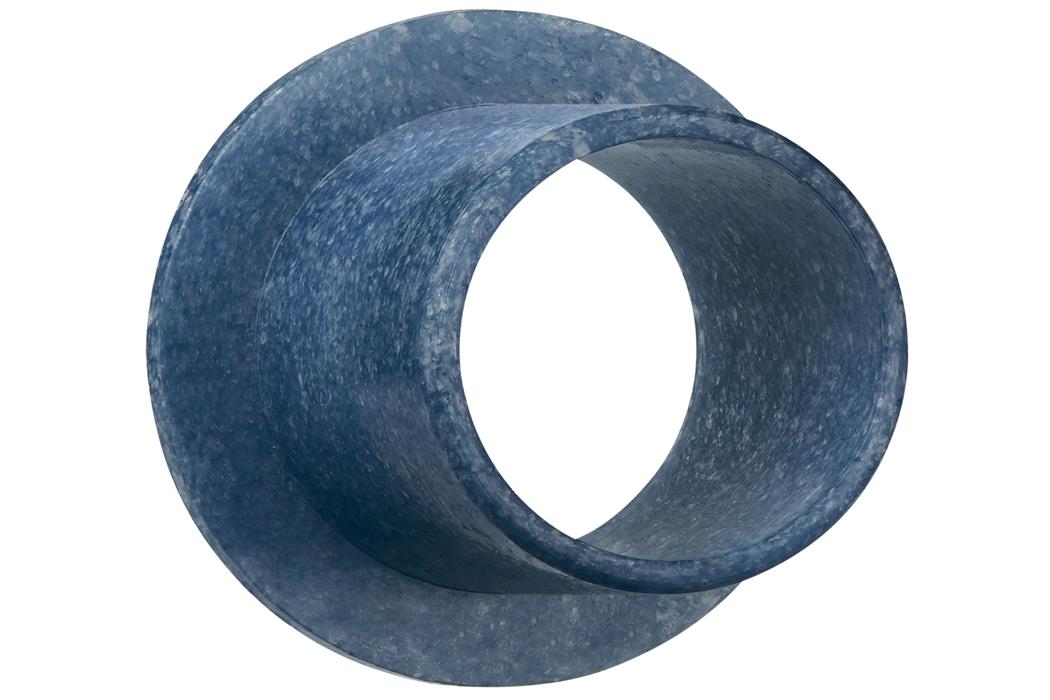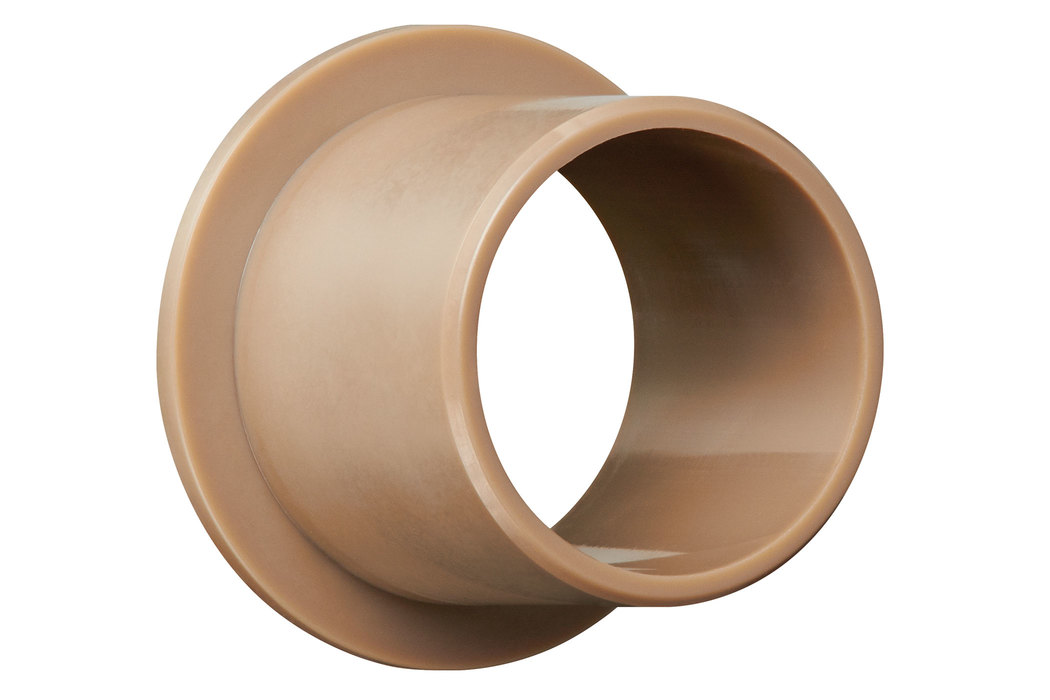Material Hub > Materialien
Materialien
-
Kategorie ThermoplasteEinsatztemperatur -50 – 100 °CDichte 1.41 g/cm³
-
Kategorie ThermoplasteEinsatztemperatur -50 – 100 °CDichte 1.41 g/cm³
-
Kategorie ThermoplasteEinsatztemperatur -50 – 90 °CDichte 1.46 g/cm³
-
Kategorie ThermoplasteEinsatztemperatur -50 – 90 °CDichte 1.38 g/cm³
-
Kategorie ThermoplasteEinsatztemperatur -100 – 180 °CDichte 1.42 g/cm³
-
Kategorie ThermoplasteEinsatztemperatur -100 – 250 °CDichte 1.28 g/cm³
-
Kategorie ThermoplasteEinsatztemperatur -60 – 250 °CDichte 1.31 g/cm³
-
Kategorie ThermoplasteEinsatztemperatur < 260 °CDichte 1.31 g/cm³
-
Kategorie ThermoplasteEinsatztemperatur -50 – 100 °CDichte 1.41 g/cm³
-
Kategorie KunststoffbeschichtungEinsatztemperatur -40 – 250 °CDichte –
-
Kategorie KunststoffbeschichtungEinsatztemperatur -40 – 230 °CDichte –
-
Rhenolease® MK I-grau/HC (PTFE auf hartanodisierter Grundschicht)
Rhenotherm Kunststoffbeschichtungs GmbH
Kategorie KunststoffbeschichtungEinsatztemperatur -40 – 230 °CDichte – -
Kategorie KunststoffbeschichtungEinsatztemperatur -40 – 230 °CDichte –
-
Kategorie KunststoffbeschichtungEinsatztemperatur -40 – 200 °CDichte –
-
Kategorie KunststoffbeschichtungEinsatztemperatur -40 – 200 °CDichte –
-
Kategorie ThermoplasteEinsatztemperatur -210 – 260 °CDichte 1.5 g/cm³
-
Kategorie ThermoplasteEinsatztemperatur -210 – 260 °CDichte 2.9 g/cm³
-
Kategorie ThermoplasteEinsatztemperatur -210 – 260 °CDichte 2.1 g/cm³
-
Kategorie ThermoplasteEinsatztemperatur -210 – 260 °CDichte 0.9 g/cm³
-
Kategorie ElastomereEinsatztemperatur -100 – 250 °CDichte 1.35 g/cm³







